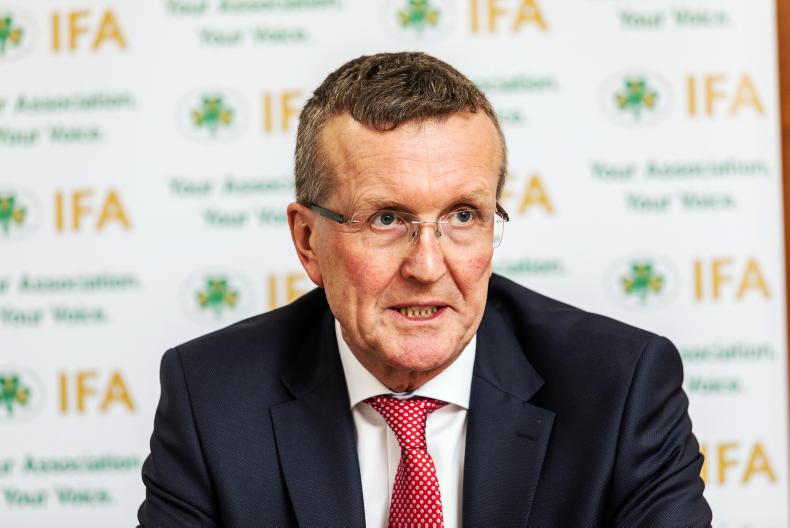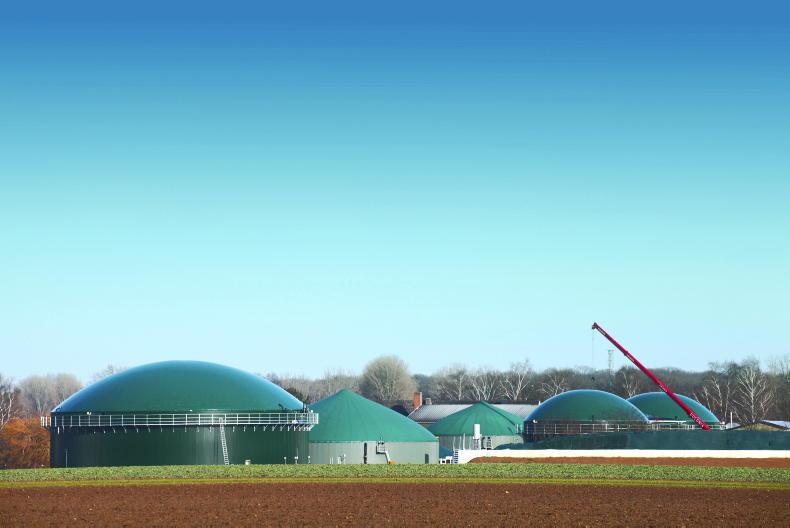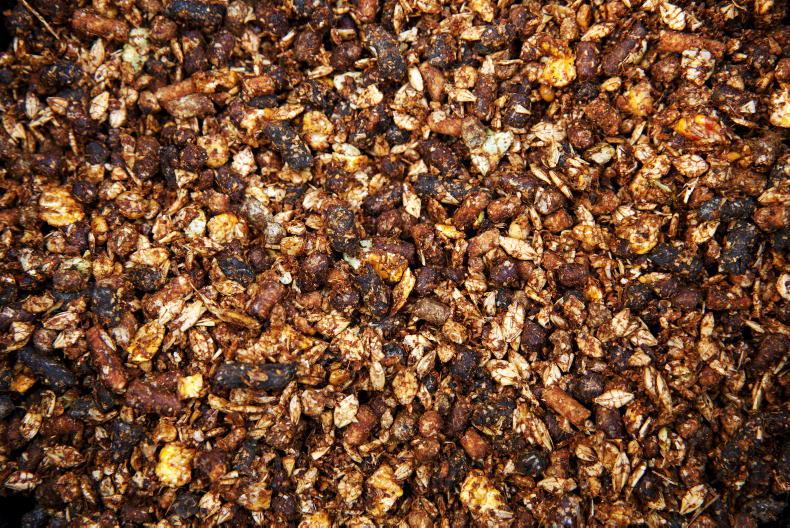IFA president Tim Cullinan has called on the Environmental Protection Agency (EPA) to avoid placing the blame on specific sectors when addressing the climate change challenge.
EPA director Laura Burke was critical of ongoing dairy expansion in an interview with the Irish Independent this week.
However, Cullinan said that while he acknowledged that more needs to be done,"singling out a specific sector is unhelpful and unfair on farmers.”
He outlined areas where farmers are already taking steps to make their farms more sustainable, including:
Over €80m has been invested in Low Emission Slurry Spreading (LESS) equipment, which helped contribute to a 7% reduction in ammonia emissions in 2019.Sales of protected urea have more than doubled in the past year, amounting to nearly 50,000t sold in 2020. Some 96% of farmers have positively engaged with the Agricultural Sustainability Support and Advisory Programme (ASSAP), agreeing to put measures in place to help improve water quality. “Farmers have achieved economic growth in the sector, not by driving emissions up, but by improving productivity, increasing efficiency and adopting more sustainable farming practices,” the IFA president said.
Based on the EPA’s 2021 inventory report, emission levels for the industry are on a par with 1995 levels, while emissions from other sectors, such as transport, have increased “massively” during the same period, Cullinan pointed out.
Willing
He said that farmers are willing to do more to mitigate emissions, but they must be supported.
“The Agricultural Sustainability Support and Advice Programme (ASSAP) that works with farmers to improve water quality clearly shows what can be achieved if farmers are supported.
“70% of the water bodies that have completed fieldwork under the programme have shown net improvement in water quality. We need more of these types of initiatives that work collaboratively with farmers.
“We have had enough of the blame game. It is distracting from the mammoth task ahead for Irish society to meet the climate targets,” Cullinan said.
IFA president Tim Cullinan has called on the Environmental Protection Agency (EPA) to avoid placing the blame on specific sectors when addressing the climate change challenge.
EPA director Laura Burke was critical of ongoing dairy expansion in an interview with the Irish Independent this week.
However, Cullinan said that while he acknowledged that more needs to be done,"singling out a specific sector is unhelpful and unfair on farmers.”
He outlined areas where farmers are already taking steps to make their farms more sustainable, including:
Over €80m has been invested in Low Emission Slurry Spreading (LESS) equipment, which helped contribute to a 7% reduction in ammonia emissions in 2019.Sales of protected urea have more than doubled in the past year, amounting to nearly 50,000t sold in 2020. Some 96% of farmers have positively engaged with the Agricultural Sustainability Support and Advisory Programme (ASSAP), agreeing to put measures in place to help improve water quality. “Farmers have achieved economic growth in the sector, not by driving emissions up, but by improving productivity, increasing efficiency and adopting more sustainable farming practices,” the IFA president said.
Based on the EPA’s 2021 inventory report, emission levels for the industry are on a par with 1995 levels, while emissions from other sectors, such as transport, have increased “massively” during the same period, Cullinan pointed out.
Willing
He said that farmers are willing to do more to mitigate emissions, but they must be supported.
“The Agricultural Sustainability Support and Advice Programme (ASSAP) that works with farmers to improve water quality clearly shows what can be achieved if farmers are supported.
“70% of the water bodies that have completed fieldwork under the programme have shown net improvement in water quality. We need more of these types of initiatives that work collaboratively with farmers.
“We have had enough of the blame game. It is distracting from the mammoth task ahead for Irish society to meet the climate targets,” Cullinan said.










SHARING OPTIONS